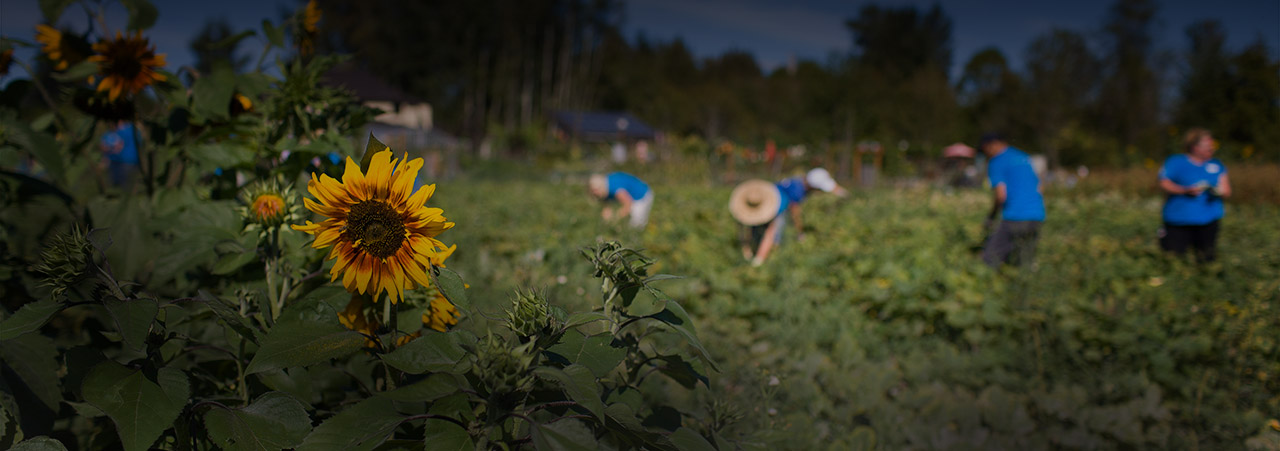
Celebrating Earth Month
Rhianne is a rockstar! She took over our 21 Acres’ Instagram page throughout April to celebrate Earth Month. Her posts were engaging and highly informative — providing education in a virtual world. They were so interesting we captured them here so we could enjoy them throughout the year.
April 1 – Take action for the 50th Anniversary of Earth Day, IG
https://www.instagram.com/p/B-cwfu7gjMJ/
April 2 – It’s easy to grow your own food, IG
https://www.instagram.com/p/B-fwqjUAyQI/
April 4 – Community leaders in regenerative farming, IG
https://www.instagram.com/p/B-keUdoAr3B/
April 5 – Rhianne pays homage to our beloved trees, IG
https://www.instagram.com/p/B-nStocgjQW/
April 6 – Tackling food and packaging waste, IG
https://www.instagram.com/p/B-p3q39gkWA/
April 8 – Learn about carbon offsets with Barry, IG
https://www.instagram.com/p/B-vDjyYAm4j/
April 9 – Proactive solutions to microplastic pollution, IG
https://www.instagram.com/p/B-x64prgjNm/
April 10 – Worms and vermiculture, IG
https://www.instagram.com/p/B-0SfiSgNN_/
April 15 – All about water conservation, IG
https://www.instagram.com/p/B_BLa91AGAo/
April 16 – Looking into the benefits of permeable pavers, IG
https://www.instagram.com/p/B_DYyy2AqJi/
April 17 – Rhianne shares about landscaping with native plants, IG
https://www.instagram.com/p/B_GAYFnArRE/
April 18 – Kelly’s goal to lower the carbon footprint of the food she eats, IG
https://www.instagram.com/p/B_IcbUzA2dE/
April 22 — Happy Earth Day! Thanks for helping us celebrate all-month long, IG
https://www.instagram.com/p/B_SnNtjgo3u/















